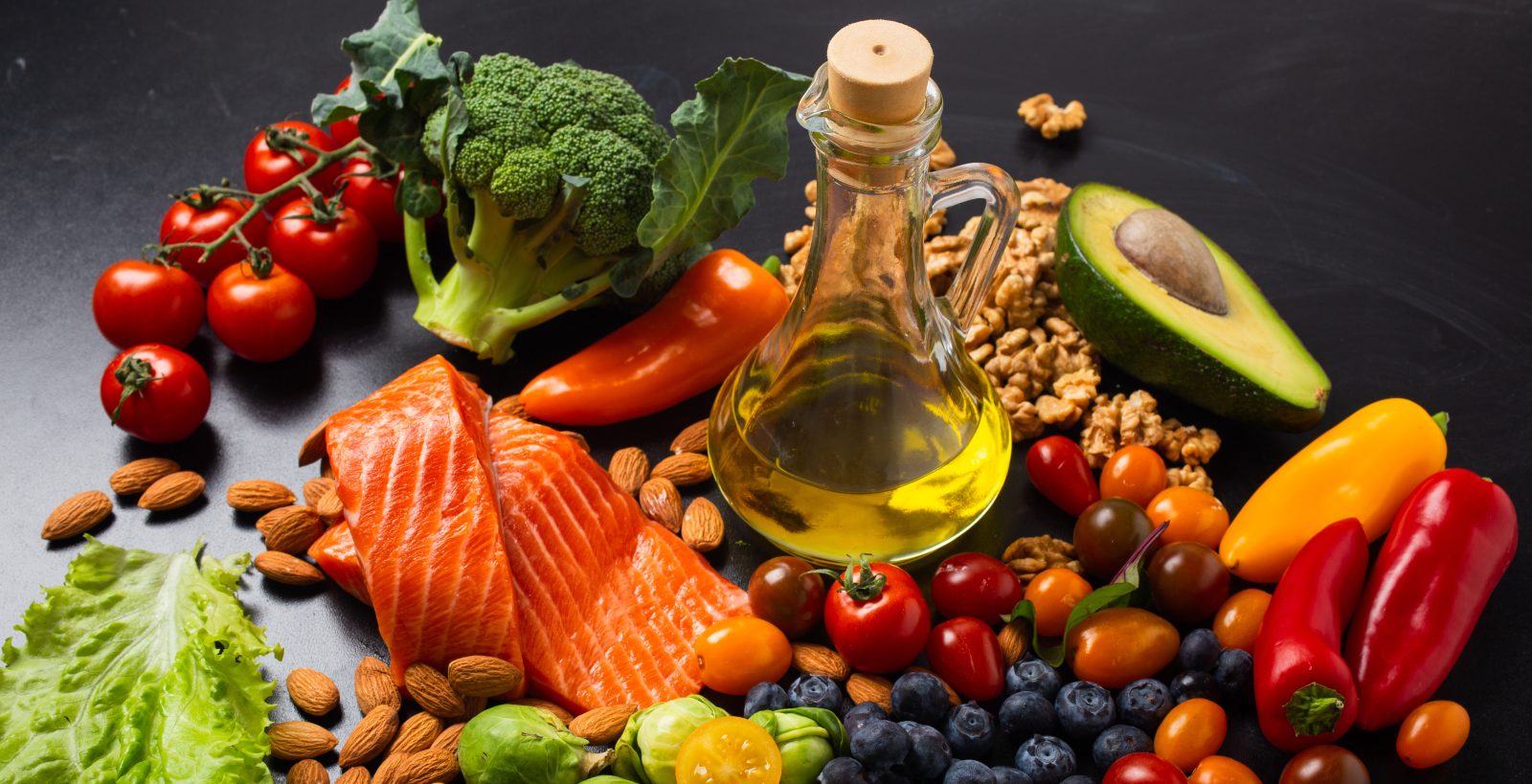Diet and Psoriasis
While research on the link between diet and psoriasis is limited, small studies offer insights. Can changing your diet help manage psoriasis? In the past, a study found no connection between a low-protein diet and psoriasis flare-ups. However, more recent research has yielded different findings.
Psoriasis occurs when the immune system mistakenly attacks healthy body tissues, leading to skin inflammation and faster skin cell turnover.
Excess skin cells accumulate on the surface, causing itchy, red patches. While psoriasis can emerge at any age, it’s more common in individuals aged 15 to 35. The main symptoms include itchy thick, red patches with silvery scales on areas like:
- the elbows
- Knees
- Scalp
- Back
- Face
- Palms
- Feet.
Psoriasis can be distressing, but creams, ointments, medications, and light therapy can provide relief. Recent research suggests that diet might also play a role in alleviating symptoms.
Low-Calorie Approach
Recent studies indicate that a low-fat, low-calorie diet could reduce psoriasis severity.
A 2013 study published in JAMA Dermatology involved participants following an 800 to 1,000-calorie daily diet for 8 weeks, which then increased to 1,200 calories for another 8 weeks. Not only did participants lose weight, but they also noticed a decrease in psoriasis severity.
Researchers theorized that obesity leads to body inflammation, worsening psoriasis. Thus, a diet promoting weight loss might offer benefits.
Can a Gluten-Free Diet Help Psoriasis?
Wondering if a gluten-free diet can make a difference for psoriasis? It really depends on the individual’s sensitivities. For those with celiac disease or wheat allergies, steering clear of gluten might provide relief.
A study from 2001 revealed that people sensitive to gluten experienced better psoriasis symptoms on a gluten-free diet. Interestingly, when they went back to their regular diet, their psoriasis worsened. Another study in 2005 found that some individuals with psoriasis were more sensitive to gluten.
Embracing Antioxidants
Fruits and veggies are essential for everyone, but they could be particularly beneficial for psoriasis patients. Back in 1996, research discovered a link between eating antioxidant-rich foods like carrots, tomatoes, and fresh fruits, and a reduction in psoriasis. These foods are packed with healthy antioxidants that can make a difference.
A later study found that people with psoriasis had lower levels of glutathione, a powerful antioxidant found in foods like garlic, onions, broccoli, kale, and cauliflower. Scientists suggested that an antioxidant-rich diet might offer benefits.
The Role of Fish Oil
Fish oil has garnered attention too. The Mayo Clinic notes that several studies suggest fish oil might help alleviate psoriasis symptoms. In a study from 1989, participants followed a low-fat diet with fish oil supplements for 4 months. More than half experienced moderate to excellent improvement in their symptoms.
Steering Clear of Alcohol
Back in 1993, a study highlighted that men who overindulged in alcohol didn’t see much improvement in their psoriasis treatments. Another study from 1990 compared men with and without psoriasis. Those who consumed around 43 grams of alcohol daily were more prone to having psoriasis compared to those who had only 21 grams per day.
While we need more research on moderate alcohol consumption, cutting down might offer relief from psoriasis symptoms.
Current Approaches
Current treatments mainly focus on managing the fluctuating symptoms of psoriasis. Creams and ointments help reduce inflammation and the turnover of skin cells, which in turn lessens the appearance of patches. Light therapy has also shown effectiveness in reducing flare-ups for some individuals.
In more severe cases, doctors might opt for medications that suppress the immune system or target specific immune cells. However, it’s important to note that medications can come with side effects. If you’re considering alternatives, certain diets have shown promise in studies.
In Conclusion
Dermatologists have long advised that a healthy diet is beneficial for those dealing with psoriasis. This entails lots of fruits, vegetables, whole grains, and lean proteins. Furthermore, maintaining a healthy weight can make a significant difference.
A study from 2007 highlighted a strong link between weight gain and psoriasis. Increased waist and hip circumferences were also associated with a higher risk of developing the condition.
Prioritize a balanced diet and healthy weight to potentially reduce psoriasis flare-ups.















Find Us on Socials